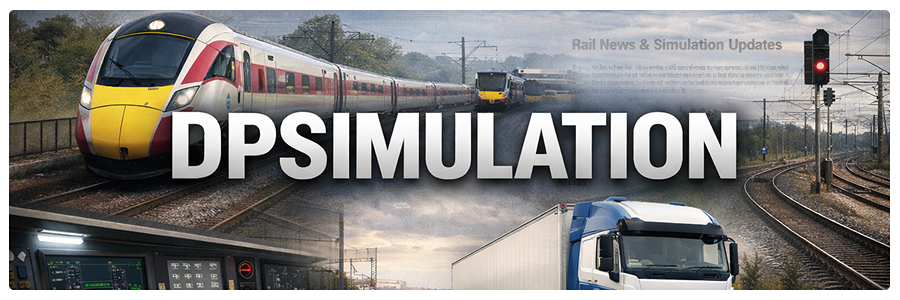Eurotunnel Halts UK Rail Investments Amid Soaring Business Rates

Eurotunnel has announced it will cancel all future rail investments in the UK, citing a planned tripling of its business rates bill. The operator said this move puts previously planned projects, including reopening a freight terminal in Barking and launching a direct freight service from Lille, on indefinite hold.
Under current proposals from the Valuation Office Agency, Eurotunnel’s business rates will rise from £22 million to £65 million from April.
Yann Leriche, Eurotunnel’s chief executive, said:
"The expected increase makes all of our investments lossmaking, so we won’t be making any more investments. As of today, we have frozen our investment in rail assets in the UK.”
The two freight projects, valued at around £15 million, would have increased tunnel capacity by shifting daytime trucks onto freight-only trains typically running at night. Eurotunnel also passes approximately half of its business rates onto train operators such as Eurostar and, in future, Virgin Trains. Leriche warned that this added cost could push up fares and delay the opening of new routes or stations, including Ashford and Ebbsfleet.
Eurostar said a threefold increase in business rates would contradict the government’s stated goals of economic growth, pioneering European rail connectivity, and promoting low-carbon travel. While Eurotunnel still plans to invest €2 billion in new trains, the higher business rates are expected to strain its UK operations. Eurostar added:
“Throughout our conversations, we have urged fairness by treating international rail in the same way as domestic rail in business rates terms.”
Currently, more than 8,000 trucks cross the Channel daily via ports or the tunnel, yet Eurotunnel operates only three dedicated freight trains a day—roughly equivalent to 90 trucks. Reopening the Barking freight terminal would have allowed the company to offer more services and counter the decline in rail freight. The proposed Lille–Barking service would have transported truck trailers directly, reducing congestion north of Paris and easing pressure on the wider transport system.
Eurotunnel is midway through a £90 million programme to upgrade the tunnel, increasing capacity from 400 trains per day to more than 1,000. This work will continue because contracts are already in place. However, Leriche warned that unless the VOA significantly reduces business rates and clarifies future increases, the company may divert the funds to projects outside the UK. “If you delay too long, you lose the opportunity,” he said, adding that the VOA’s decision is “100 per cent against the government’s strategy to protect jobs and growth.”
Rail Minister Peter Hendy previously told the House of Lords that the government wants to encourage more freight through the Channel Tunnel, noting that both the tunnel and its connecting high-speed line have “plenty of spare capacity.” Ministers aim to increase freight carried by the UK rail network by 75 percent under plans linked to nationalising the railway system, although the high-speed line to St Pancras is excluded from the privatisation scheme.
Image: Eurotunnel

